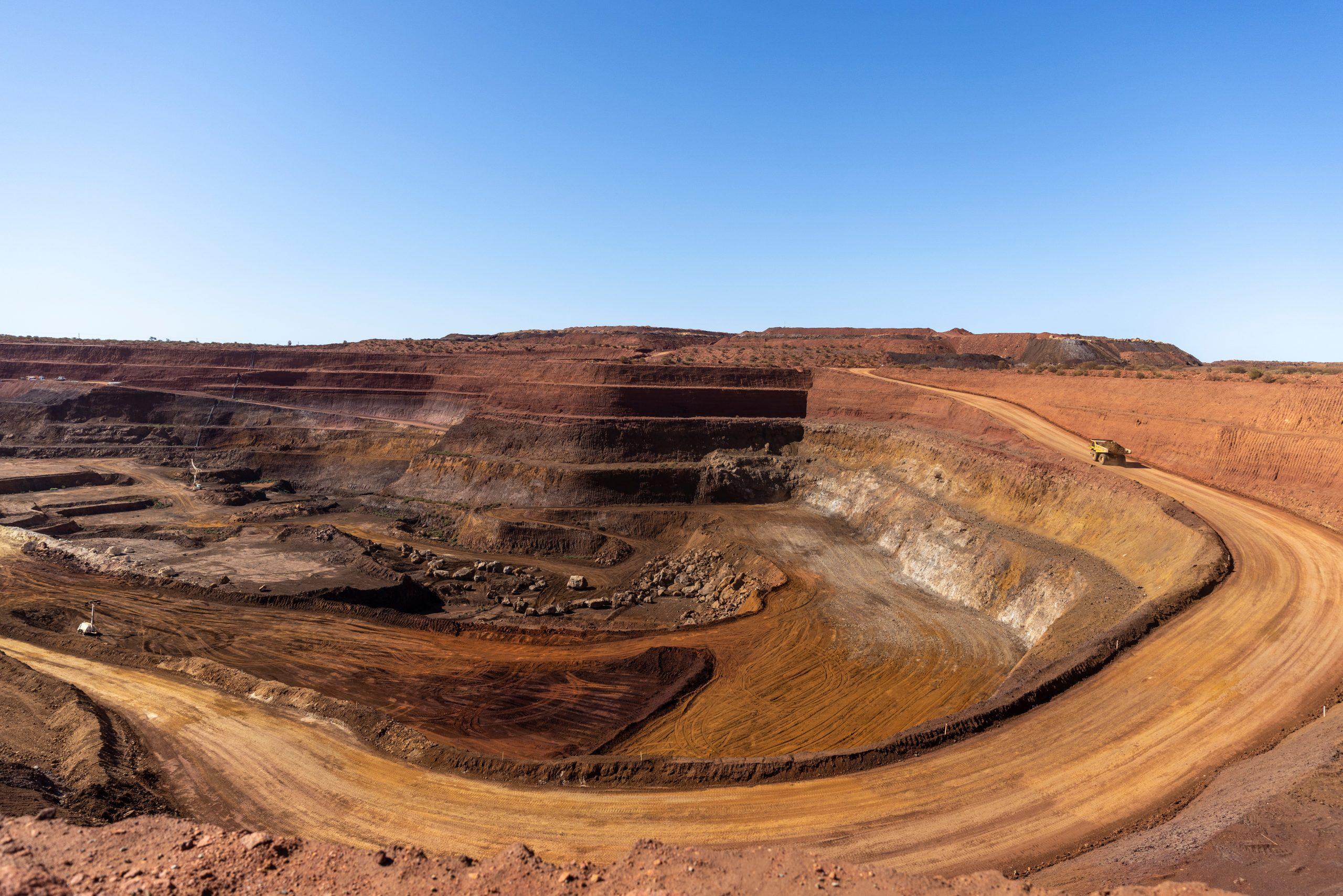Critical minerals need insulation from China’s market manipulation
Posted By Angus Barker on May 21, 2024 @ 06:00

Investors can handle lots of different risks. They can price risks in construction, interest rates, weather and, with hedging, price movements in product markets.
But the one risk they can’t price is political risk, the chance of some government action ruining profits. You can’t hedge against it.
How should we respond when, as the chief executive of critical-minerals company Iluka said this month, when accusing China of rigging rare earths prices, ‘monopolistic production, combined with interference in pricing … is resulting in market failure’?
How should we respond when price risk is political risk?
Australia needs to respond with government action—for example, in financing projects, supporting the construction of shared facilities and setting price floors.
These challenges were addressed at ASPI’s recent Darwin Dialogue on Critical Minerals, attended by government representatives from the United States, Japan, South Korea, the European Union and Australia and by key Australian critical-minerals firms such as Iluka, Australian Rare Earths and Arafura.
Rare earths play a critical role in today’s world. Through their use in electric vehicles, wind turbines, robots and military applications, they sit at the crossroads of the two major preoccupations of our time: geopolitics and decarbonisation.
Australia is well placed to benefit from the demand for critical minerals, but it must figure out how to build sustainable supply chains with allies while competing with a country like China that can escalate price risk at will.
Thanks to its virtual monopoly in the global processing of rare-earth metals, China can shift value anywhere in its vertically integrated supply chain to squash incipient competition. For Australia and its allies, this is choking off access to private sector capital to build their own rare-earth mines, refineries and magnet-making plants.
So what is to be done? In Australia and elsewhere, one policy response has been to offer soft loans. Last year, the Australian government doubled its commitment to Export Finance Australia’s Critical Minerals Facility to $4 billion.
The soft loans are helpful but alone are not enough. To fully establish sustainable supply chains, we need to secure long-term offtake agreements at workable prices from allies.
To address this challenge, we should take lessons from US history.
During the Cold War, the town of Moab in Utah became, as a history recorded, the ‘epicentre of the first federally sponsored mineral rush in history’, to supply the government with urgently needed uranium. The US Atomic Energy Commission established minimum uranium prices, guaranteed them for 10 years, rapidly built roads into the Moab back country for prospectors, and constructed uranium mills to process ore.
Australia should similarly invest in common user infrastructure. It’s made a start with facilities such as the Illuka rare-earths refinery being built at Eneabba, Western Australia, with support from the Critical Minerals Facility.
In the 2024 federal budget, the government offered a production tax credit of 10 percent of expenses for critical minerals processing. Providing support to reduce production costs is very welcome, but it doesn’t address the key risk in rare earths—that China’s dominance means it can manipulate the end-price to crush new competitors.
To counter this, the government needs to set price floors, which would be time limited. And it need not shoulder these risks alone. Instead the Departments of Foreign Affairs and Defence should encourage the United States, Japan, South Korea and the European Union to underwrite a 10-year floor-price scheme for a new, reliable supply of Australian rare earths.
Governments are already doing this in renewable energy. Britain and others are writing contracts for differences (CFDs): if the electricity price is below the strike price, generators receive a top-up payment. The European Union is now proposing a CFD mechanism for its energy markets, and Australia is making similar efforts through capacity mechanisms for dispatchable renewable energy.
Australian history has a precedent in foreign companies signing up to offtake agreements at workable prices. In the 1960s, Japanese steel mills underwrote the development of iron ore mines in the Pilbara region of Western Australia and the coking coal deposits of the Bowen Basin in Queensland through long-term offtake agreements at prices sufficient for the miners to secure bank financing and pay back the invested capital with a reasonable return. Once mine infrastructure such as ports and railways was built, it became the backbone of supply for the next 60 years.
From a political perspective, there’s an advantage to pursuing a floor price for critical minerals. The taxpayer pays only for results, whereas extending soft loans can result in large losses if mines don’t produce the goods.
Liberal democracies have been slow to shed the hands-off mindset of the free market orthodoxy in their response to new geostrategic realities. China is manipulating the market. We need interventionist policy responses.
Article printed from The Strategist: https://aspistrategist.ru
URL to article: /critical-minerals-need-insulation-from-chinas-market-manipulation/
Click here to print.